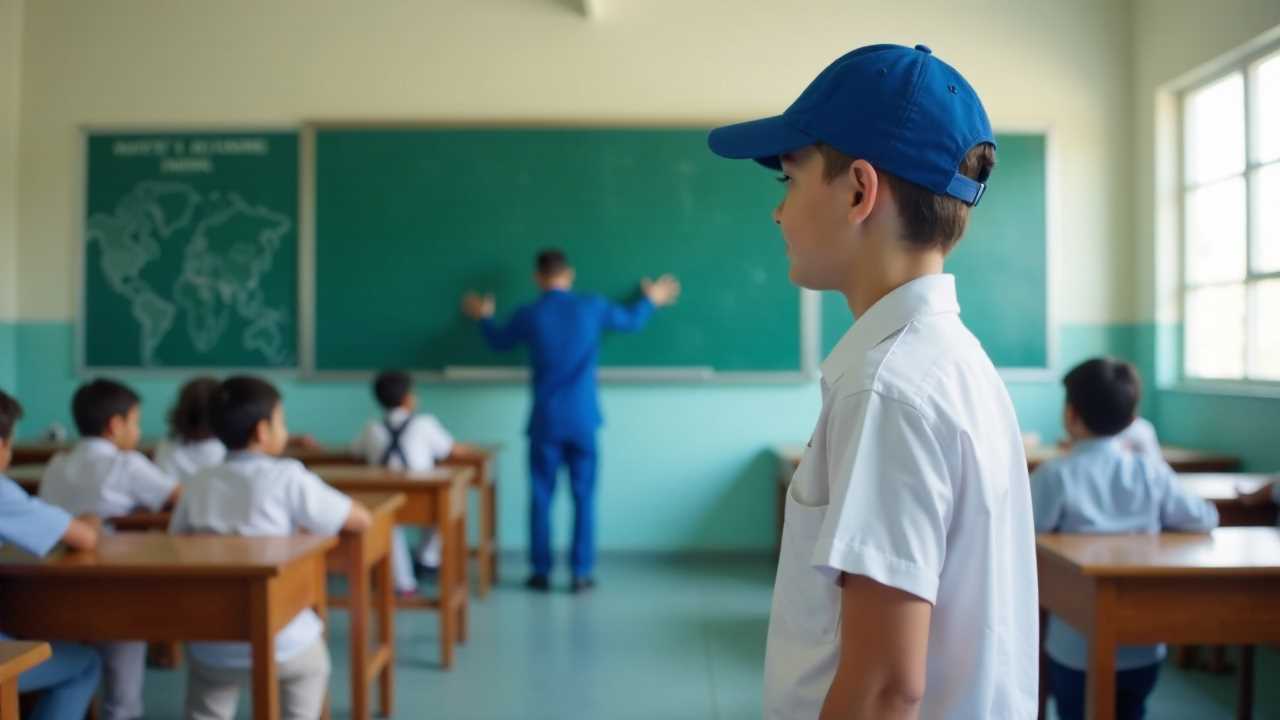
The field of education is constantly evolving, and the need for effective Curriculum and Instruction Specialization has never been more critical. This specialization equips educators with the necessary skills to enhance teaching strategies, foster educational leadership, and improve learning outcomes for students. By focusing on key components such as pedagogical development, assessment techniques, and instructional design, educators can transform their approach to teaching and significantly impact student success.
Understanding Curriculum and Instruction Specialization
Curriculum and Instruction Specialization involves a comprehensive understanding of how to design, implement, and evaluate educational programs. This specialization is essential for educators who aspire to lead in their fields and create effective learning environments. By mastering this area, educators can ensure that their teaching strategies align with the latest educational standards and best practices.
Effective Teaching Strategies
At the heart of Curriculum and Instruction Specialization are effective teaching strategies. These strategies are designed to engage students, promote critical thinking, and facilitate deeper understanding of the subject matter. Educators must be adept at employing various instructional methods, including differentiated instruction, collaborative learning, and technology integration, to meet the diverse needs of their students.
Educational Leadership
Educational leadership plays a pivotal role in the successful implementation of Curriculum and Instruction Specialization. Leaders in education must not only possess a strong understanding of curriculum design but also the ability to inspire and motivate their teams. By fostering a culture of continuous improvement and professional development, educational leaders can drive positive change within their institutions.
Pedagogical Development
Pedagogical development is a critical aspect of Curriculum and Instruction Specialization. Educators must continually refine their teaching practices to stay current with educational research and trends. This ongoing development allows teachers to adopt innovative approaches that enhance student engagement and learning outcomes. Professional development opportunities, such as workshops and conferences, are essential for educators to expand their knowledge and skills.
Assessment Techniques
Assessment techniques are vital for measuring student progress and the effectiveness of instructional strategies. Educators must be proficient in various assessment methods, including formative and summative assessments, to accurately gauge student understanding and inform their teaching practices. By utilizing data-driven decision-making, educators can tailor their instruction to better meet the needs of their students.
Instructional Design
Instructional design is a fundamental component of Curriculum and Instruction Specialization. This process involves creating effective educational experiences that align with learning objectives and outcomes. Educators must consider factors such as learner characteristics, content delivery methods, and assessment strategies when designing their instruction. A well-designed curriculum not only enhances student learning but also promotes a positive educational experience.
Enhancing Learning Outcomes
Ultimately, the goal of Curriculum and Instruction Specialization is to enhance learning outcomes for all students. By implementing effective teaching strategies, strong educational leadership, and innovative assessment techniques, educators can create an environment where students thrive. Continuous reflection and adaptation of instructional practices are essential for achieving the best possible outcomes in education.
In conclusion, mastering Curriculum and Instruction Specialization is crucial for educators who wish to transform their teaching practices and lead their students to success. By focusing on effective teaching strategies, educational leadership, pedagogical development, assessment techniques, instructional design, and learning outcomes, educators can significantly impact the future of education.
 Careers in EducationElementary EducationHigh School EducationEducational TechnologyTeaching StrategiesSpecial EducationPrivacy PolicyTerms And Conditions
Careers in EducationElementary EducationHigh School EducationEducational TechnologyTeaching StrategiesSpecial EducationPrivacy PolicyTerms And Conditions
